The Merging of Tarzan and
Elvis
By John Martin
“Tarzan Presley” is a book that was published by Victoria
University Press in New Zealand in 2004 and has been somewhat difficult
to obtain in the U.S. That is basically because Edgar Rice Burroughs Inc.
didn’t appreciate the fact that the trademarked name of Tarzan was used
in the title, not to mention as the first name of the main character, and
the company filed suit to stop further publication of the book.
The story got new life in 2011, though, when the
name of author Nigel Cox’s protagonist was changed to Caliban, and the
name of the book to “Jungle Rock Blues.”
A recent check of amazon.com shows used copies
of “Tarzan Presley” are now being advertised for as low as $34.82, while
abebooks.com had Jungle Rock Blues for about $20.
I obtained my own copies when they were a little
bit more scarce, writing to a friend I have in New Zealand who liked to
haunt used book stores. She quickly found a copy of “Tarzan Presley” for
me and then chanced upon the alternate title of “Jungle Rock Blues” which
at the time I did not even know existed.
The completist might want one or both of these
for his bookshelf. But the next question becomes, is the story worth reading?
We all know that Edgar Rice Burroughs himself is
worth reading. In fact, most of us are fans because we picked up one of
his books and were instantly captivated and could not put it down. Then,
still not quite satisfied, we had gone on to read everything else by ERB
that we could get our hands on.
There’s a couple of tiny reviews at amazon, one
of which says, “When you mix the Tarzan legend (set in provincial New Zealand)
and the surrealism of Elvis Presley's life, you get ‘Tarzan Presley.’ A
lively, thoughtful and fun read, which flags a bit towards the end but
revives with great elan.”
So I was optimistic that this would actually be
a “fun read.” Tastes vary. However, in my case I quickly realized that,
for me, this would be a laborious read and that I would not be likely to
go on to read any of the other books Nigel Cox had written.
Because I couldn’t quite relate to Cox’s narrative
style, I quickly decided not to read the story word-for-word. We all have
a limited lifespan and I have other things I’d like to do with my time.
I’ve never taken a course in speed-reading, but I did my own version of
it through this story, scanning pages and getting the sense of what was
being said and slowing down to read whole paragraphs here and there if
they looked more interesting. Sometimes I would be intrigued enough to
read a page or two in a row.
Why did I find the book to be difficult to read?
Maybe it was because, being already familiar with the “real thing,” I was
in no mood to read this re-arranged version of Tarzan’s life.
I’m not against pastiches, such as the new book
by Will Murray. Nor am I against stories of other Tarzan-like characters
that various authors have come up with. And we have all seen plenty of
variations of the Tarzan character in movies which we have, nonetheless,
enjoyed.
Probably what bugged me is the revision of Tarzan’s
actual origin, which Robin Maxwell also revised in her version of the classic
origin story, “Jane: The Woman Who Loved Tarzan.”
So I guess where I stand is: Okay, go ahead and
have fun with “further” adventures of Tarzan – just don’t mess with how
he got into, and grew up in, “that bally jungle” in the first place!
Then, too, the author attempts to merge the character
of the fictional Tarzan with the character of the real-life Elvis Presley.
His premise is that Tarzan grew up in the wilds
of New Zealand and, later in life, became a famous singer who adopted the
last name of Presley.
One part of the book that I did think was somewhat
clever was the author’s explanation of how young Tarzan learned to sing.
In ERB’s version, we know Tarzan found the cabin of his dead parents and
eventually figured out the purpose and meaning of the “little bugs” beneath
the pictures in a book.
Cox comes up with the idea that the little cabin
was alongside a stream and that the elder Greystoke had rigged up some
kind of a paddle wheel to harness the power of the creek to generate electricity,
which powered a radio in the cabin (this story takes place decades later
than ERB’s). The radio was tuned to a music station and, although he understood
not the words, young Tarzan learned many of the songs, such as “You Are
My Sunshine,” by mimicking the words and melodies he heard.
Jane is a naturalist photographer who ventures
into Tarzan’s jungle, where dwell the gorillas and the giant wetas, all
by herself and, after meeting up with Tarzan, doesn’t wait too long to
seduce him.
They eventually show up in civilization where Tarzan
gets auditioned and becomes a singer. Real-life characters from Elvis’s
life, including Col. Tom Parker and Priscilla, are present in their customary
roles, and perhaps there are more real-life characters whose names I didn’t
recognize because I am not a student of the life of Elvis Presley.
One could read this book and ask, at the end, what
was the point? In ERB’s “Tarzan of the Apes,” the young child goes from
a foundling who was susceptible to an early death in a multitude of ways,
but who advanced in skill and education, mostly on his own, to the heights
of the noblest man, even willing to sacrifice his own desires for the happiness
of the woman he loved.
Tarzan Presley simply survives the jungle, becomes
a rock star, and then dies. End of story!
Cox shows in many passages that he is familiar
with the character as written by Edgar Rice Burroughs and it’s a wonder
that he didn’t realize he was violating trademark laws by writing his own
version of Tarzan. He may have been looking only at copyright laws, which
had expired on many of the early books.
But he refers frequently to the real Tarzan adventures
and to its author and even, at one point in the story, has a passage where
Edgar Rice Burroughs himself has an interview with Tarzan Presley! So this
book may be more “fun” for that passage than for the entire story itself.
In the “Jungle Rock” version, the passage with
ERB is repeated (pgs. 202-204), but this time ERB writes a book titled
“Caliban of the Apes.”
The title isn’t the only thing that changes. Kala
becomes Nudu, Kerchack becomes Terjick and Jane morphs into June. But in
the Presley passages, names of real-life characters remain the same.
By the way, even the real Elvis is in this book.
Tarzan Presley and Caliban Presley both move into Elvis’s old bedroom and
form a strong bond with Elvis’s parents.
If you are a completist, you may want this book
on your shelf. If you are a glutton for punishment, you may actually want
to read it. On the other hand, you could take the money you would spend
on this book and use it instead to buy something actually written by ERB.
Another Opinion
The website of Victoria University Press,
which republished Cox’s work under the title of “Jungle Rock Blues” in
2011, has a much more favorable review of the Tarzan Presley story than
I have given above. Of course, that might be expected! But,
in the interests of “equal time,” here’s what they have to say:
“Raised by gorillas in the wild jungles of New
Zealand, scarred in battles with vicious giant wetas, seduced by a beautiful
young scientist, discovered by Memphis record producer Sam Phillips and
adored by millions, the dirt-to-dreams life story of Caliban is as legendary
as his 30 number one hits. That story came to a dramatic end in 1977 when
Caliban took his own life.
“But now, in a sensational new development,
a manuscript, written in old age by Caliban himself, has emerged which
proves that his story didn’t end there. At last we can know: why did he
leave us? What did it all mean to him? And -- for the first time -- what
did it feel like to be Caliban?
“Through its hypnotic fusing of two mythic lives
this novel takes on some of the founding fables of our culture. In the
guise of a joyous adventure story, it slyly poses questions about genius,
fame, failure and love.
“From its boldly funny opening page, the novel
re-imagines the facts, and from then on the reader surrenders to one of
the most extraordinary narrators in our literature: speculative, sexy,
outlandish and tender. In a pulpy world, Jungle Rock Blues rewrites the
lyrics of the familiar, giving us a wondrous new song."


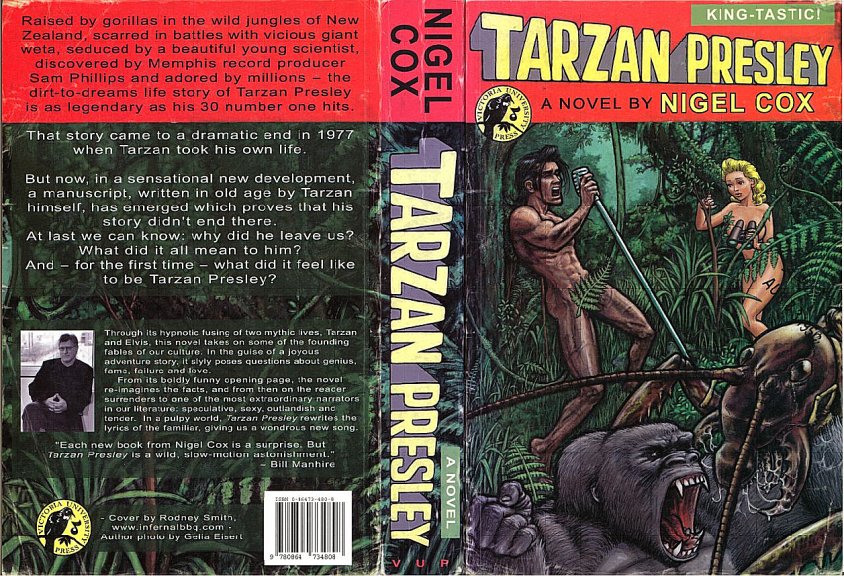
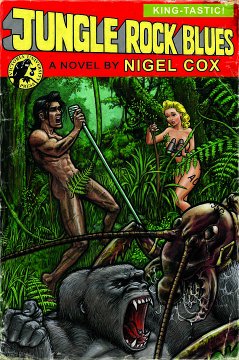
![]()

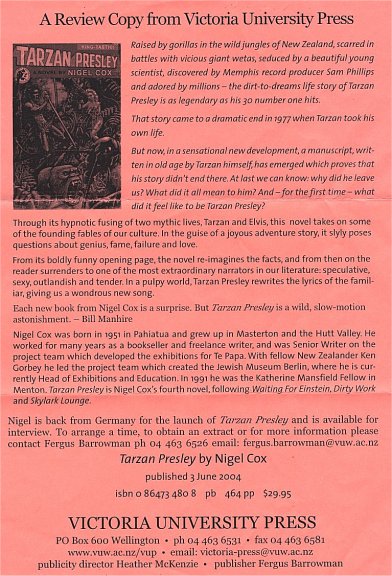
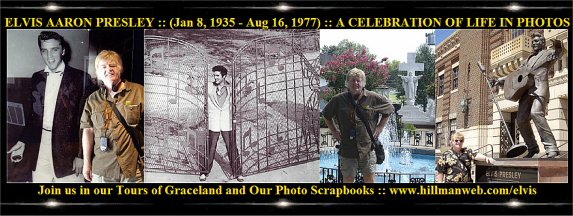
![]()
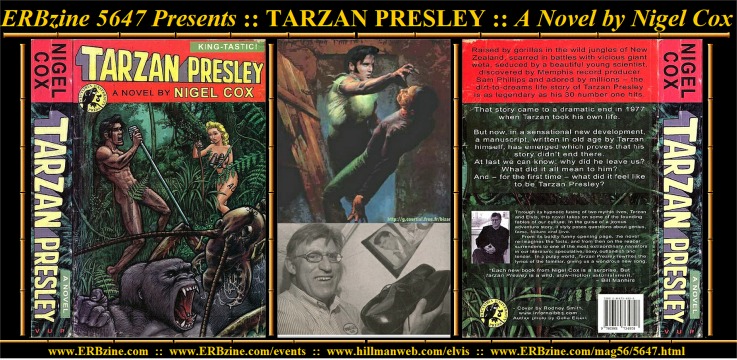
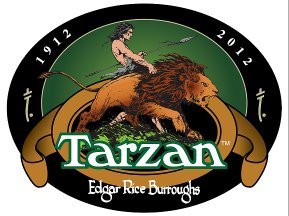
![]()
![]()

![]()